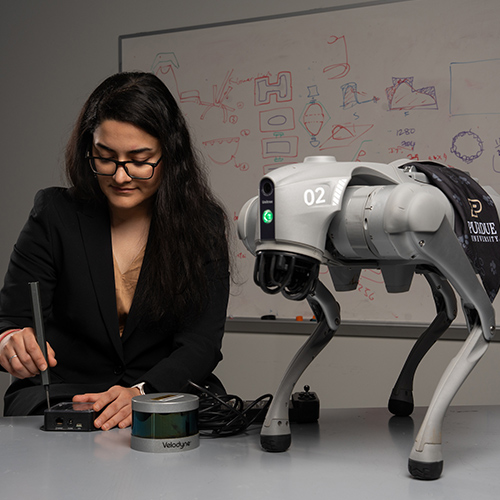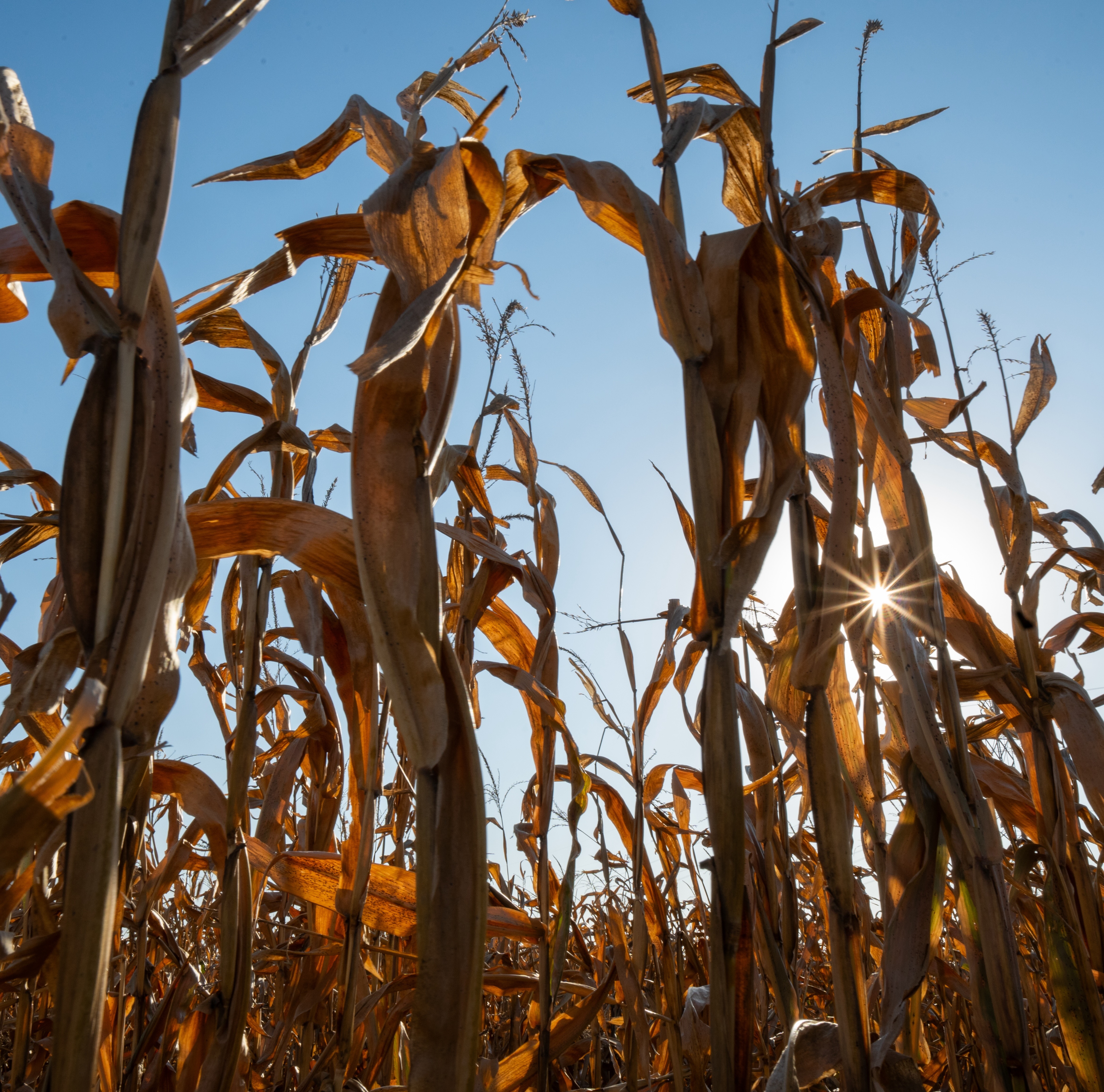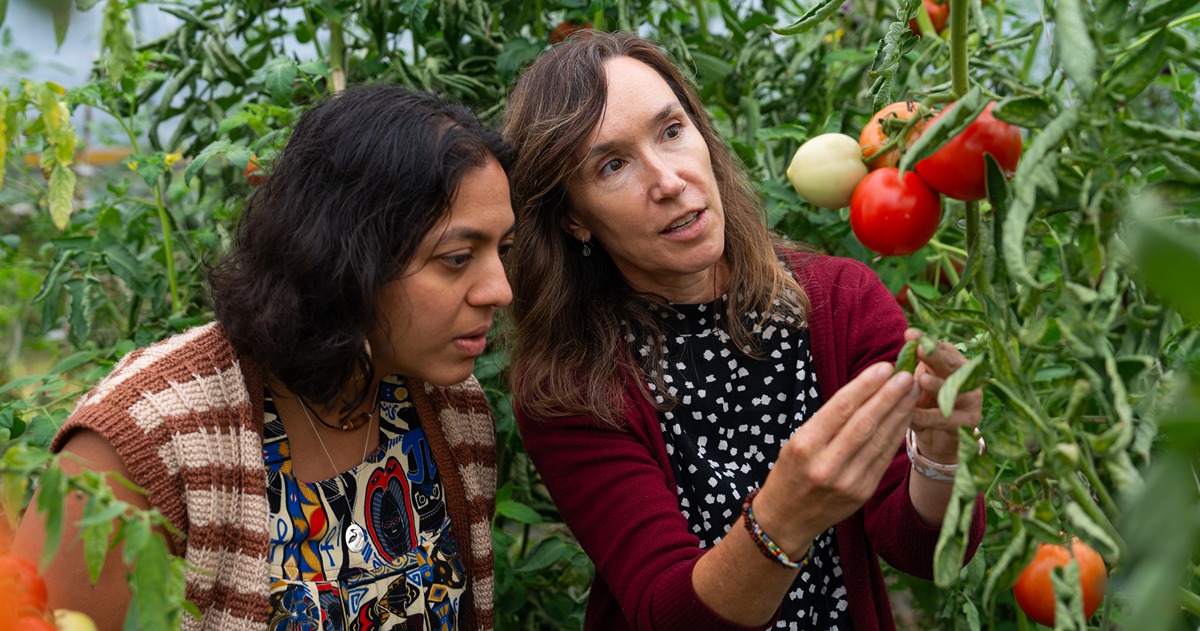Making Sense of Your Sensors
Did you know that calibrating your sensors can help ensure you are collecting the right data?
In this Digging into the Data Pipeline presentation, Andrew Balmos, data/software engineer, and John Scott, digital agriculture extension coordinator, discuss the importance of proper sensor calibration and practical tips on how to use a multimeter. They will also touch on Ohm’s Law, Hookes Law, and Newtons Law as they relate to a fundamental understanding on how electrical systems operate and how sensors take information from the physical world and translate that into digital data.
View the Making Sense of Your Sensors video here.
This video presentation is part of the Digging into the Data Pipeline webinar series hosted by the College of Agriculture at Purdue University.
View the Digging into the Data Pipeline playlist on Youtube.
This series was supported in part by the Wabash Heartland Innovation Network (WHIN).
About the Presenters
Andrew Balmos works as a Software/Data Engineer for Purdue’s College of Agriculture within the Wabash Heartland Innovation Network project. As a Software/Data engineer, he works toward building demonstrations and capabilities for Purdue digital agriculture initiatives, Purdue farm test beds, and other regional efforts. In addition, Andrew assists in developing and presenting educational materials related to the adoption of digital and precision agriculture. Lastly, Andrew is a Ph.D. student of the Open Ag Systems and Technologies (OATS) center where his research focuses on an IoT/Edge computing platform for ag machinery called ISOBlue and an optimistic, vehicle-to-vehicle networking platform as a potential solution to common rural farm broadband problems.
John Scott works as the Purdue Extension Coordinator for Digital Agriculture with the Wabash Heartland Innovation Network to further the development and adoption of digital agriculture practices in a 10 county area in northwest Indiana. WHIN has a goal of becoming the first recognized smart region in the nation. As the Extension Coordinator for Digital Agriculture, Scott is responsible for coordinating and developing Extension programs in digital agriculture along with testing new technologies, collaborating with Purdue University and Ivy Tech Community College faculty and staff on project related to digital and precision agriculture, and promoting digital agriculture practices, concepts and adoption to the local community. Pursuing this, Scott has actively participated in field days and programs discussing operational uses for digital ag practices and, along with area extension educators, helped local stakeholders identify and utilize digital ag products in their operations to provide insights that would otherwise not be gained. Field days provide educational opportunities for small farmers, commodity producers, crop/livestock advisers, and others seeking knowledge in crop production, farm management, land use, and other issues.





